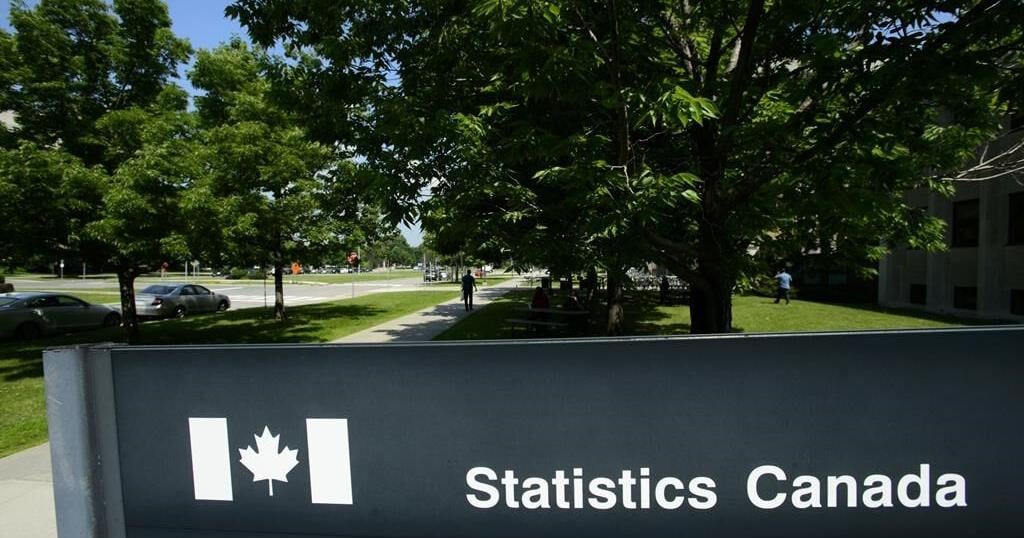HALIFAX – The number of hate crimes reported by Halifax police in 2023 jumped by 62 per cent compared to the prior year, according to Statistics Canada, a rise that city police credit to their new hate crimes unit.
Figures released by the federal agency last month show that Halifax police reported 121 hate crimes last year — more than 40 per cent of the total for the entire Atlantic region, at 300. Halifax ranked fifth in the country for its hate crime rate, moving up from the eighth spot in 2022. As well, there were 23.3 police-reported hate crimes per 100,000 people in Halifax in 2023, up from a rate of 14.4 in 2022.
Canada-wide, hate crimes reported by police have been steadily increasing since 2019, and in 2023 there were 12 hate crimes per 100,000 people, up from 9.3 the previous year. The total number of hate crimes in Canada has more than doubled from 2019 to 2024.
Racially motivated incidents were the most common police-reported hate crime, with 2,128 in 2023; crimes motivated by religion were the second most common, with a total of 1,284 reports; and crimes motivated by sexual orientation came in third, with 860 cases reported.
Warren Silver, an analyst with Statistics Canada, said the jump in hate crimes in the country may not necessarily be connected to an increase in hatred. Instead, he explained, the rise can be credited to more reporting and better awareness among both the public and police about the issue.
“When you do see a spike in numbers, sometimes it can be that police are working much more closely with communities, or they have a hate crimes unit doing community outreach so that more of those incidents are being reported officially to police.”
In an emailed statement, Halifax Regional Police spokesperson Const. Martin Cromwell said the “significant increase” in reported hate crimes since 2022 is related to the hate crimes unit, which was established in January 2022. The unit offers increased training for officers on identifying hate crimes, and “a focused effort” on collecting data pertaining to hate-related incidents, he said.
Silver, however, said the agency’s data doesn’t reflect the total number of hate crimes “because a lot of it goes unreported.”
A 2019 survey by the agency found that Canadians reported being victims of more than 223,000 hate-related criminal incidents in the 12 months preceding the study. Roughly one in five incidents was reported to the police, Silver said.
People may choose not to report, Silver said, because they feel what happened wasn’t important enough; they may not be comfortable approaching police; or they fear being re-victimized.
Timothy Bryan, a sociology professor studying policing and hate crimes at the University of Toronto, said the rise in police-reported hate crimes is a “complicated question.” The spike could be related to an increase in reporting, Bryan said, adding that it could also be tied to an increase in the number of people “who feel greater freedom to express hateful sentiments or act in a hateful way.”
Bryan said the normalization of hate began around 2017 when increased anger, scapegoating and misinformation started taking up more space online.
Hatred, he said, has become mainstream “because it has increasingly infused into our conversations about a lot of things, whether it’s immigration, diversity, job opportunities, fused into concerns about the changing Canadian society.”
Bryan also suggested the increased hate crime numbers in Halifax could be a product of the police’s hate crimes unit.
Statistics Canada defines hate crimes as criminal activity that is motivated by hate based on race, national or ethnic origin, religion, sexual orientation, gender identity or expression, language, sex, age, mental or physical disability or other visible parts of a person’s identity.
This report by The Canadian Press was first published Oct. 2, 2024.

























